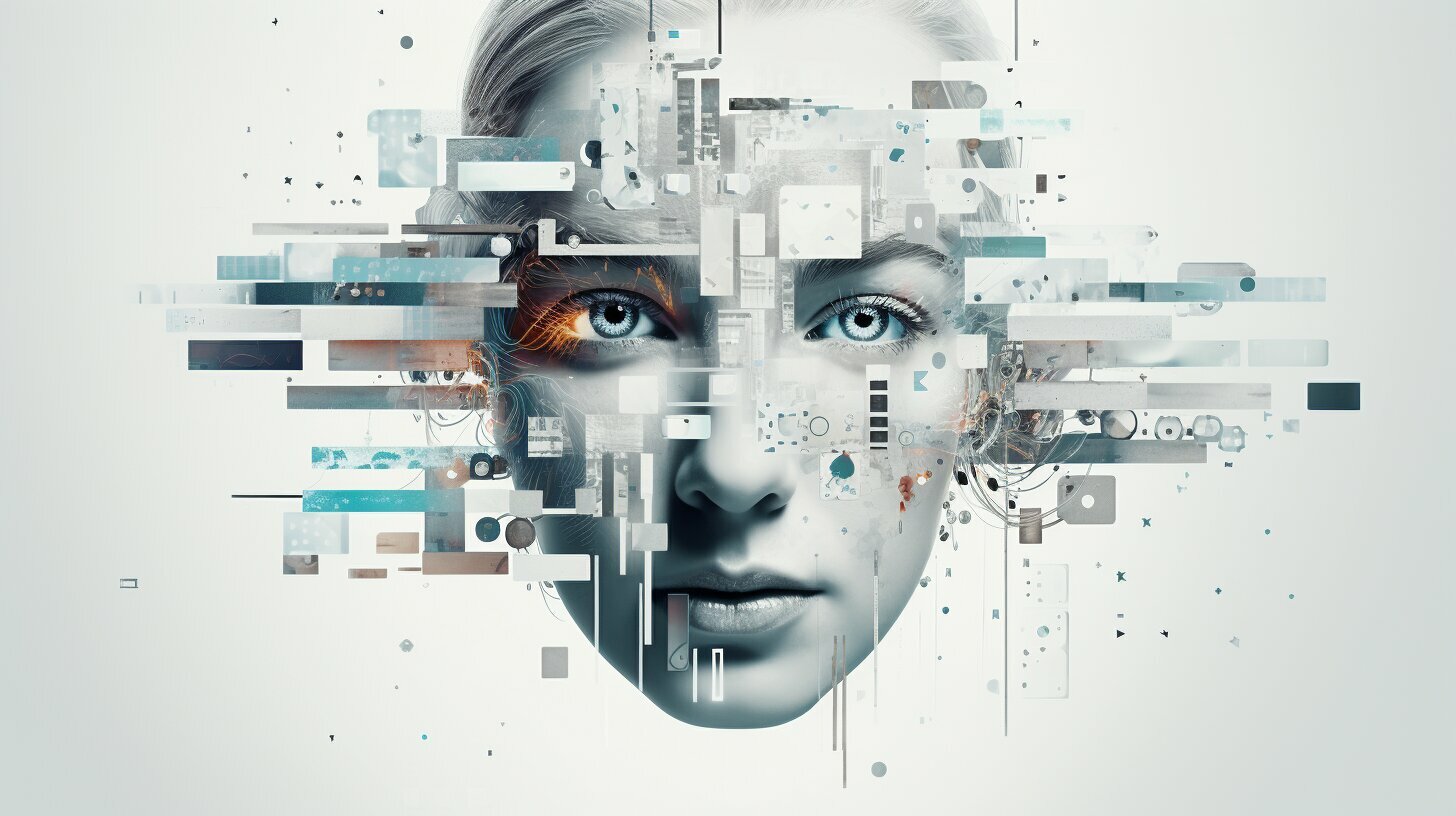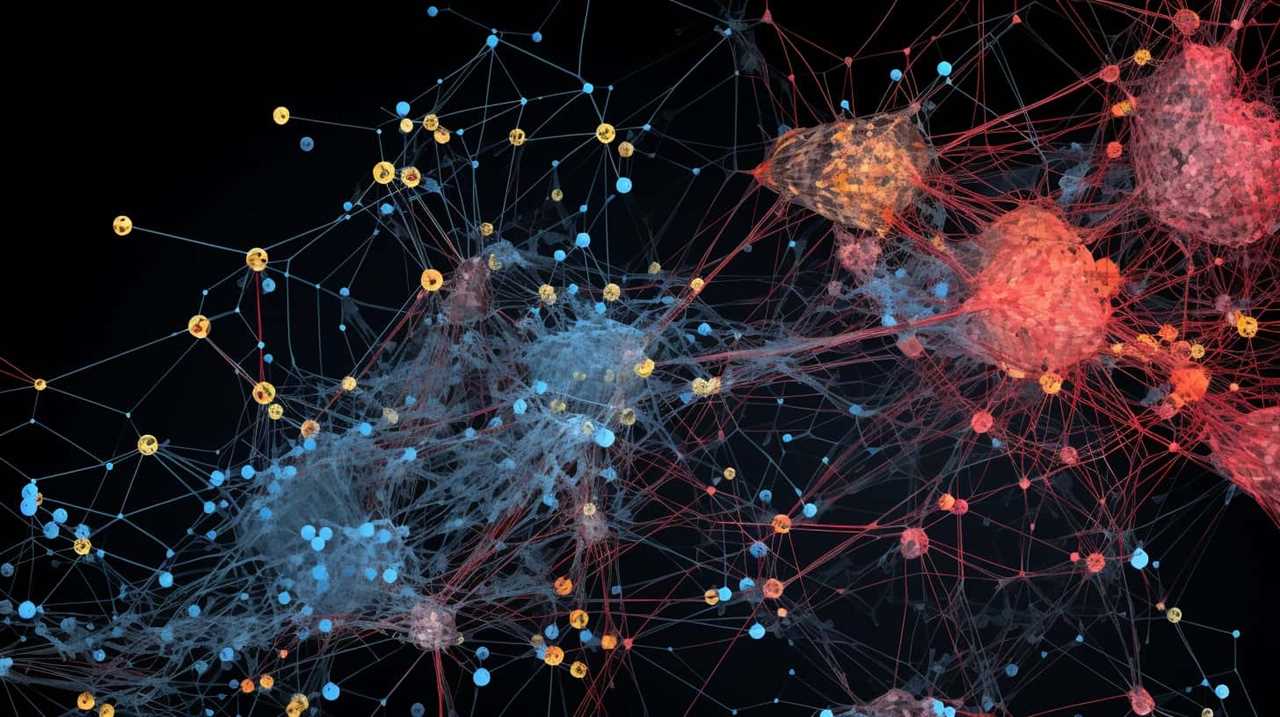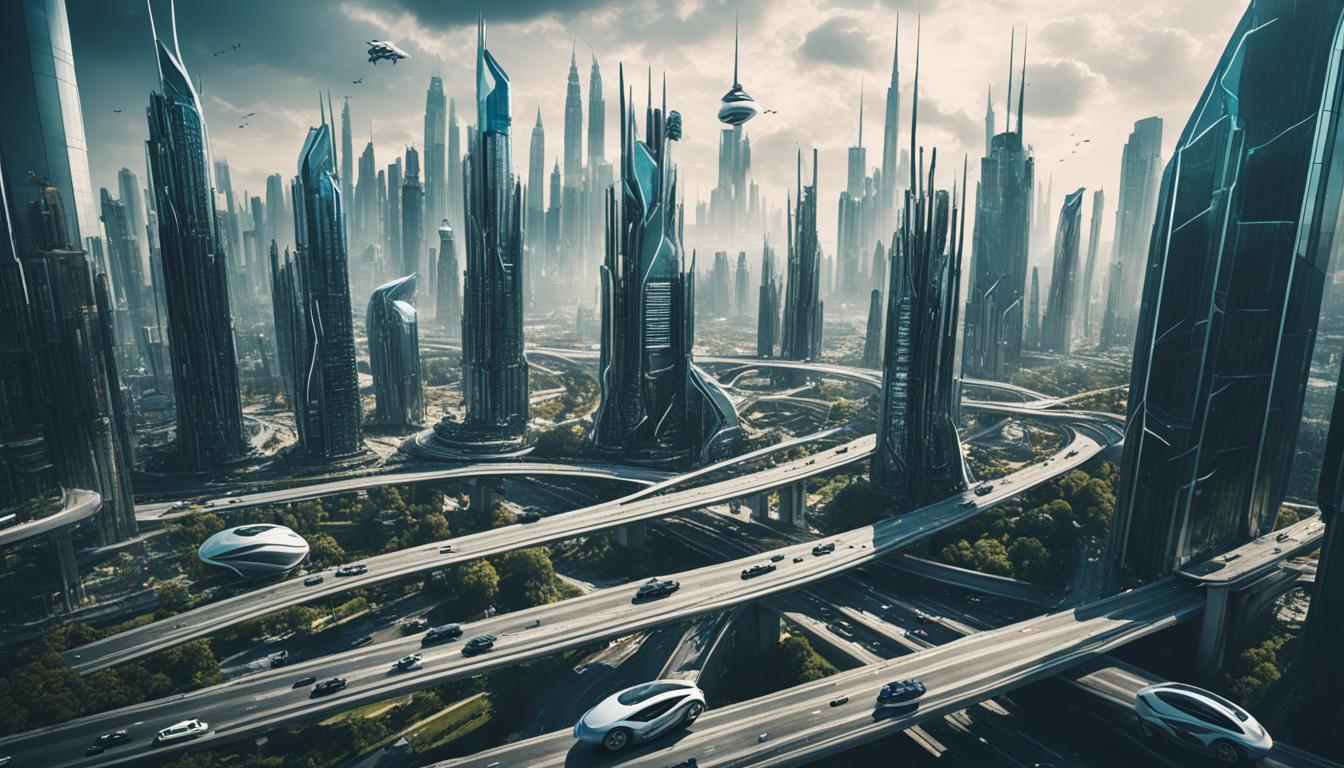The integration of artificial intelligence into various industries is revolutionizing the job market at an unprecedented pace. As AI technology advances, roles traditionally held by humans are transitioning to automation. This shift is having a major impact on sectors essential to our daily routines.
From healthcare to manufacturing, the reach of AI's influence is profound. Understanding how AI is gradually taking over jobs is not only a matter of interest but a necessity for individuals navigating the evolving career terrain.
Stay tuned to uncover the intricate details of this transformative phenomenon.
Key Takeaways
- AI automates routine tasks, impacting job roles across various sectors.
- Adapting to AI requires upskilling to meet evolving job demands.
- Certain jobs resist automation due to human-centric skills like creativity.
- Collaboration between humans and AI enhances workplace efficiency and capabilities.
Impact of AI on Job Displacement
How significantly has the advancement of AI impacted job displacement across various industries globally?
Artificial Intelligence (AI) is revolutionizing the workforce by reshaping the nature of jobs, tasks, and skills required in the modern era. As AI technology continues to evolve, it is becoming increasingly proficient at automating routine tasks, leading to the displacement of certain roles traditionally performed by human workers. This shift is evident across diverse sectors such as healthcare, agriculture, and industrial domains, where AI is gradually replacing workers in roles like customer service representatives, drivers, programmers, analysts, and paralegals.
The introduction of AI in the workplace necessitates that workers enhance their skill sets to adapt to the changing job landscape. Roles that are at risk of being replaced by AI are those that involve repetitive tasks or data processing, highlighting the importance of upskilling to remain competitive in a job market influenced by artificial intelligence. As organizations embrace AI to streamline operations and increase efficiency, workers must prepare for the transition by acquiring new skills that align with the evolving demands of the digital age.
Jobs AI Is Replacing
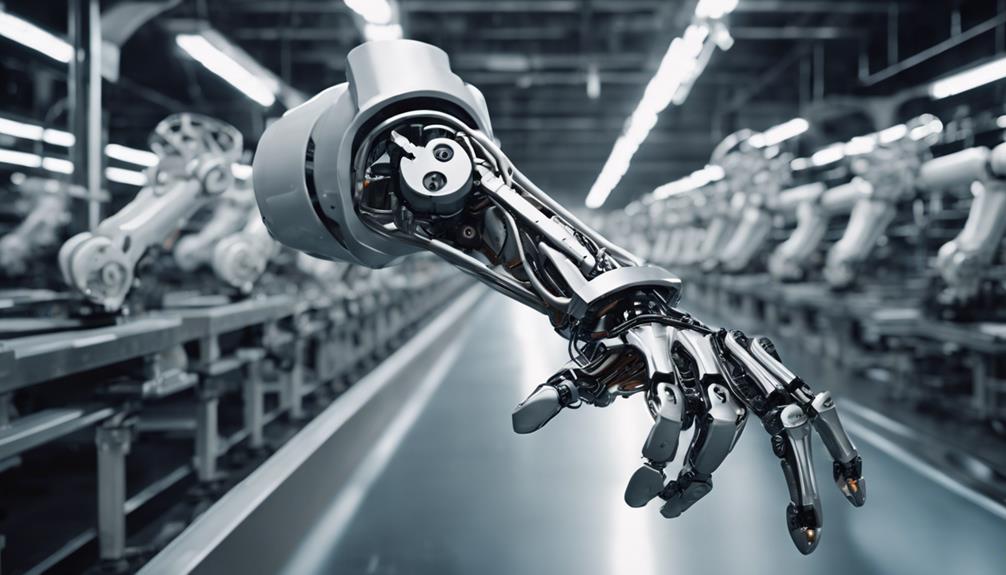
Amid the rapid advancement of artificial intelligence (AI), numerous traditional job roles are being replaced by automated systems, significantly altering the employment landscape. AI is projected to replace 85 million jobs globally by 2025, with certain roles facing higher exposure than others.
Jobs most exposed to AI include those in customer service, where automation and chatbots are increasingly handling inquiries, impacting customer service representatives. Moreover, the rise of autonomous vehicles is reducing the need for human car and truck drivers, leading to potential job displacement in transportation sectors.
AI tools like generative AI can also automate tasks traditionally performed by computer programmers, posing a threat to this profession. These changes highlight the shift towards AI algorithms taking over routine tasks, emphasizing the importance of developing soft skills and high-level expertise to remain relevant in an evolving job market, particularly for white-collar workers whose roles are increasingly susceptible to automation.
Jobs AI Won't Replace
In contrast to the jobs AI is replacing, certain professions remain resilient to automation due to the intricacies of their tasks and the irreplaceable element of human interaction involved.
- Teachers, Nurses, Therapists, and Tradespeople: These professions involve complex tasks that require a high level of emotional intelligence and human interaction, making it challenging for AI to replicate the nuanced care and support they provide.
- Human Writers: AI struggles to match the quality and creativity of human writers, safeguarding this profession from automation as the art of storytelling and expression remains a distinctly human skill.
- Artists: AI art generators lack the innate creativity and innovation that human artists possess, ensuring that the realm of artistic creation remains a uniquely human endeavor.
- Occupations Requiring Emotional Intelligence and Creativity: Jobs that necessitate emotional intelligence, creativity, and deep human interaction are generally secure from AI automation, as these qualities are deeply rooted in human nature and experience.
Benefits of AI in Workplaces
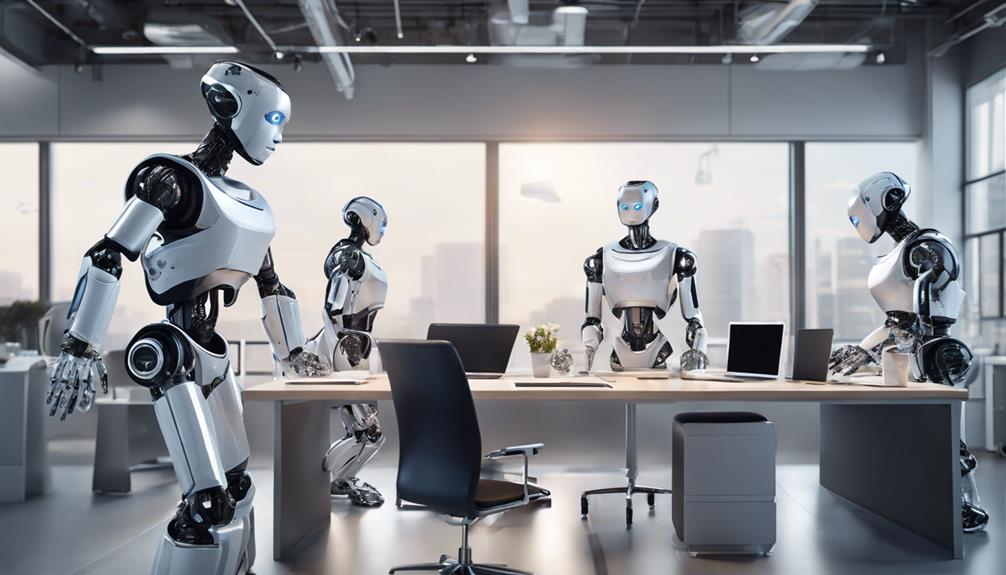
The integration of AI technologies in workplaces presents a multitude of benefits that enhance operational efficiency and foster innovation. AI tools streamline processes, saving businesses valuable time by automating tedious tasks. This efficiency boost allows human workers to redirect their efforts towards more strategic and creative endeavors, ultimately increasing productivity.
Moreover, AI development creates new job roles such as machine learning engineers and AI ethics specialists, highlighting the potential for job creation in this evolving landscape. While AI systems can handle repetitive tasks effectively, the human touch remains essential for training, maintaining, and monitoring these technologies in workplaces.
It is crucial to note that AI enhances existing roles by shifting tasks rather than entirely replacing jobs, emphasizing the symbiotic relationship between humans and AI. As AI continues to advance, the demand for workers with high-level skills to collaborate with AI systems is expected to rise, shaping a future where AI augments human capabilities rather than replacing them.
Strategies for Adapting to AI
Given the rapid integration of AI technologies in workplaces and the evolving job market landscape, it is imperative for individuals to strategically adapt by embracing lifelong learning and cultivating soft skills to remain competitive and relevant. In this era influenced by Artificial Intelligence (AI), staying ahead necessitates a proactive approach to skill development. To successfully adapt to AI, consider the following strategies:
- Embrace Lifelong Learning: Continuously seek opportunities to acquire new skills and knowledge.
- Develop Soft Skills: Enhance emotional intelligence, communication, and adaptability to complement technical expertise.
- Specialize in AI: Engage with AI through everyday technology and consider enrolling in an AI specialization program.
- Be Agile Learners: Stay flexible and open to mastering new skills swiftly to keep pace with the dynamic job market impacted by AI advancements.
AI integration drives efficiency and innovation, making it crucial for individuals to invest in themselves by acquiring the necessary skills to thrive in this transforming job landscape.
Frequently Asked Questions
How AI Is Replacing Jobs?
AI is replacing jobs by automating tasks traditionally done by humans. Roles such as customer service representatives, drivers, programmers, analysts, and paralegals face potential displacement. Industries are disrupted, requiring adaptation to the changing landscape of work.
Which Jobs Will Be Taken Over by Ai?
AI is poised to revolutionize various industries, potentially displacing roles such as customer service representatives, drivers, programmers, research analysts, and paralegals. Automation and AI tools are increasingly proficient in handling tasks traditionally performed by humans.
Will Artificial Intelligence Take Over My Job?
Artificial intelligence's impact on job roles is nuanced. While AI may streamline tasks in some professions, jobs requiring complex problem-solving and human touch are less susceptible. Continuous upskilling and adaptability remain crucial to navigate evolving job landscapes.
How Is AI Causing Job Loss?
AI is causing job loss by automating tasks traditionally done by humans. This transformation impacts various sectors, displacing roles like customer service representatives, truck drivers, and programmers. Industries such as healthcare and agriculture are witnessing significant changes.
Conclusion
In conclusion, the integration of artificial intelligence in various industries has undoubtedly led to job displacement and transformation. However, this technological advancement also presents opportunities for upskilling and adaptation in the workforce.
As we navigate the evolving job landscape, it is imperative for individuals and organizations to embrace AI while also being mindful of the challenges it may bring. By preparing for the changes ahead, we can effectively harness the benefits of AI in the workplace.
Ava combines her extensive experience in the press industry with a profound understanding of artificial intelligence to deliver news stories that are not only timely but also deeply informed by the technological undercurrents shaping our world. Her keen eye for the societal impacts of AI innovations enables Press Report to provide nuanced coverage of technology-related developments, highlighting their broader implications for readers.



